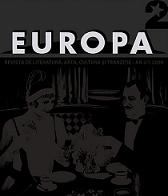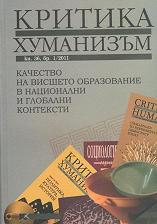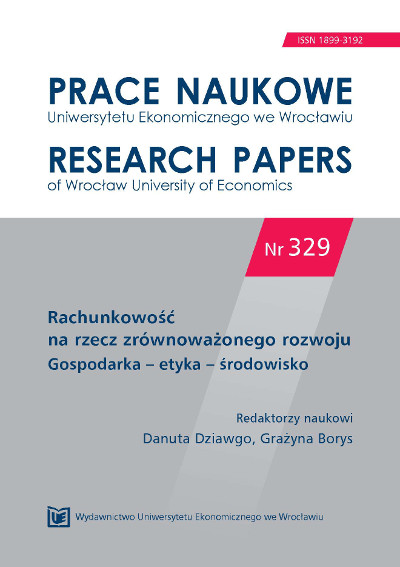
THOUGHTS ABOUT ART CLINIC
GÂNDURI DESPRE ART KLINIKA
Într-o societate, într-o lume obosită în fuga ei spre distrugere, semănând cu un bolnav fugit de la casa de nebuni, unde se învârt şi se amestecă valorile, dar al cărei corp este încă viu, există întotdeauna semne de autoapărare, există un organ al acestui trup care încearcă să producă anticorpii necesari vindecării şi regenerării. Întreaga lume e în criză, dar aici, în Serbia, peste criza mondială se suprapun toate bolile, războaiele şi fricile unui trecut nu foarte îndepărtat, care au lăsat cicatrici adânci într-o conştiinţă aflată în reformare. Indiferent de condiţii, bunul simţ, bunul gust şi bunele intenţii, dacă există, reacţionează, răspund, se revoltă şi chiar dacă nu pot schimba multe, arată spre boală, încearcă să definească răul. De aceea a apărut la sfârşitul anilor `90 grupul LED ART, care prin proiectele şi acţiunile sale era răspunsul la acţiunile unei societăţii nevrotice, agresive, paranoice şi depresive, la care s-a ajuns în perioada Miloševic şi care a încercat să nu fie nepăsător, să aibă o atitudine prin acţiunile de stradă ce le-a desfăşurat în acea perioadă.
More...

